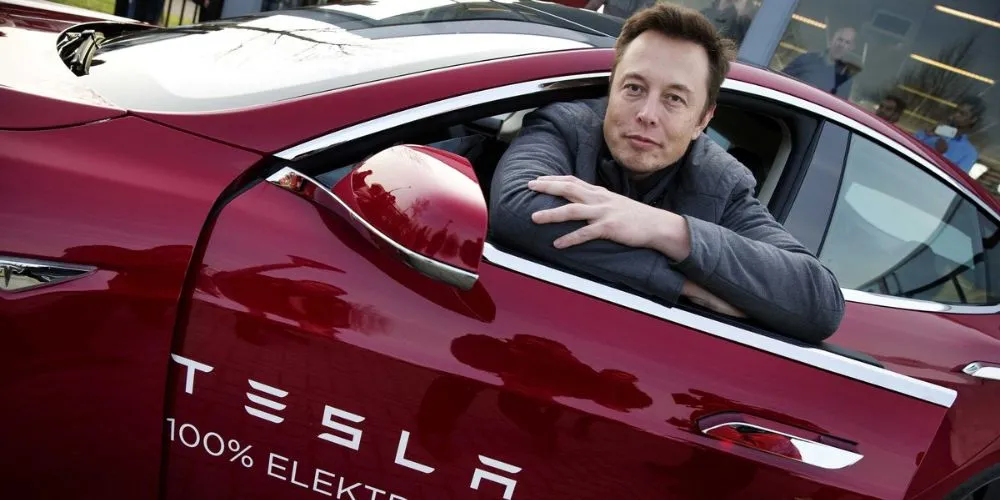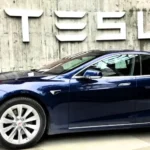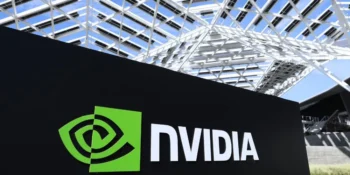Tesla CEO Elon Musk is taking legal action, seeking the intervention of the U.S. Supreme Court to nullify a settlement agreement with the Securities and Exchange Commission (SEC). The agreement, which Musk and Tesla entered following civil securities fraud charges, imposed a requirement for a company lawyer, often dubbed a “Twitter sitter,” to review and approve Musk’s tweets related to Tesla.
Musk’s attorneys filed a petition on December 7, asserting that the provision requiring a “Twitter sitter” violated their client’s free speech rights. They argue that Musk was coerced into accepting “unconstitutional conditions.” The SEC had charged Musk with civil securities fraud based on tweets he posted in 2018, claiming he had “funding secured” to take Tesla private for $420 per share.
After the charges, Musk and Tesla settled with the SEC and revised the agreement in April 2019. The SEC continued to monitor Musk and Tesla’s compliance with the terms. Musk’s lawyers argue that the settlement restricts his speech even when truthful and accurate, extending to speech beyond the scope of securities laws.
The legal effort is described by Eric Talley, a professor at Columbia Law School specializing in corporate and business law, as a “swing for the fences” move. A circuit court has previously rejected the appeal, and to reach the Supreme Court, Musk would need four out of nine justices to agree to hear the case.
Talley explains that the “unconstitutional conditions” doctrine, central to Musk’s argument, is typically invoked when the government provides general public benefits, such as tax breaks, in exchange for refraining from criticizing institutions like the Supreme Court. However, he notes that Musk’s case involves the government refraining from pursuing charges in exchange for adherence to settlement terms.
While this legal move involves uncertainties, Talley suggests that, given Musk’s financial resources, it might be a calculated attempt to challenge existing legal conditions. The SEC has not yet responded to requests for comment.
In a separate legal battle, Tesla investors have sued the company and Musk over the impact of Musk’s “funding secured” tweets on the stock price. A San Francisco federal court jury found Musk and Tesla not liable in a class action securities fraud trial in February, but shareholders have filed for an appeal to the 9th Circuit.










